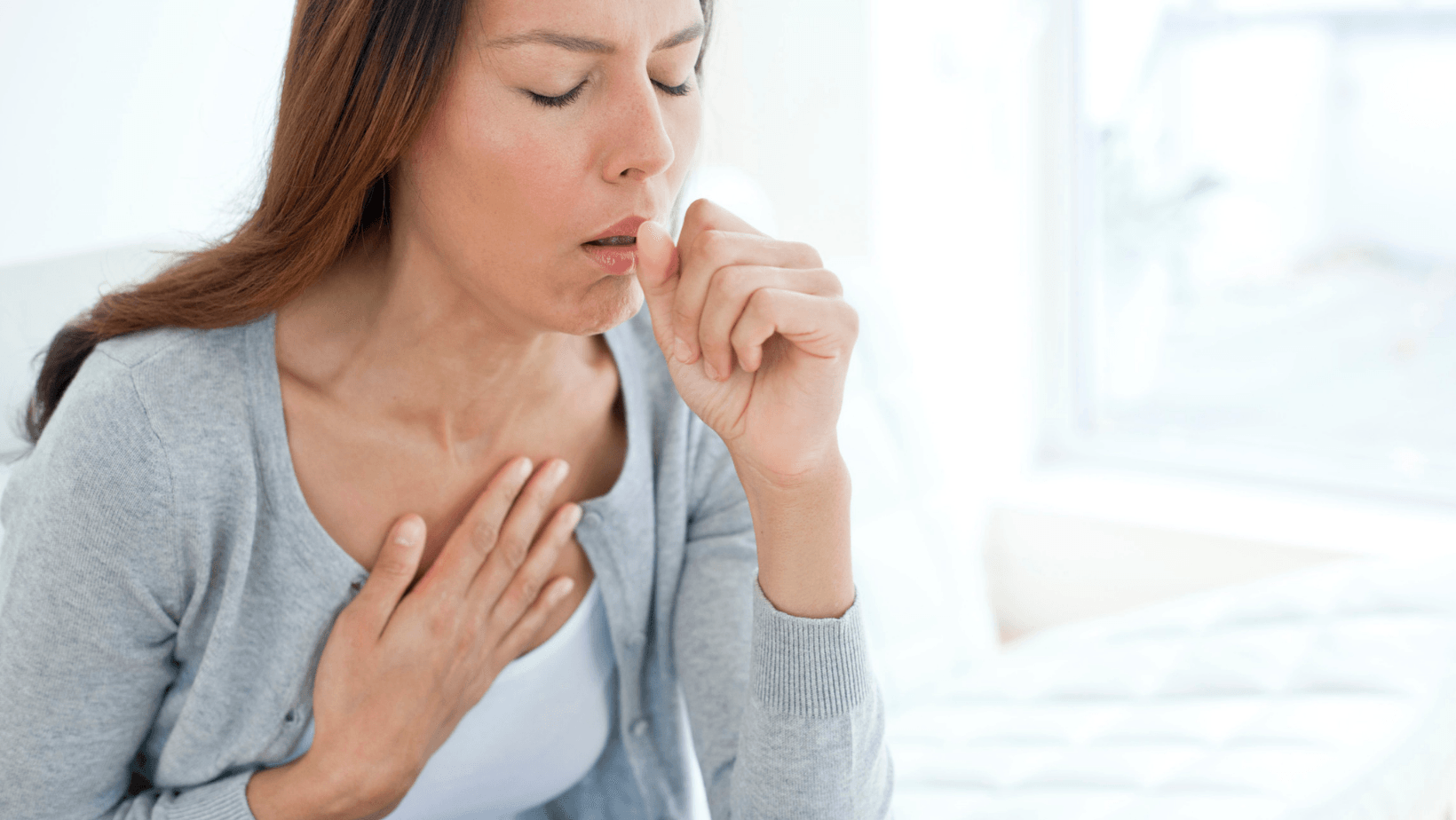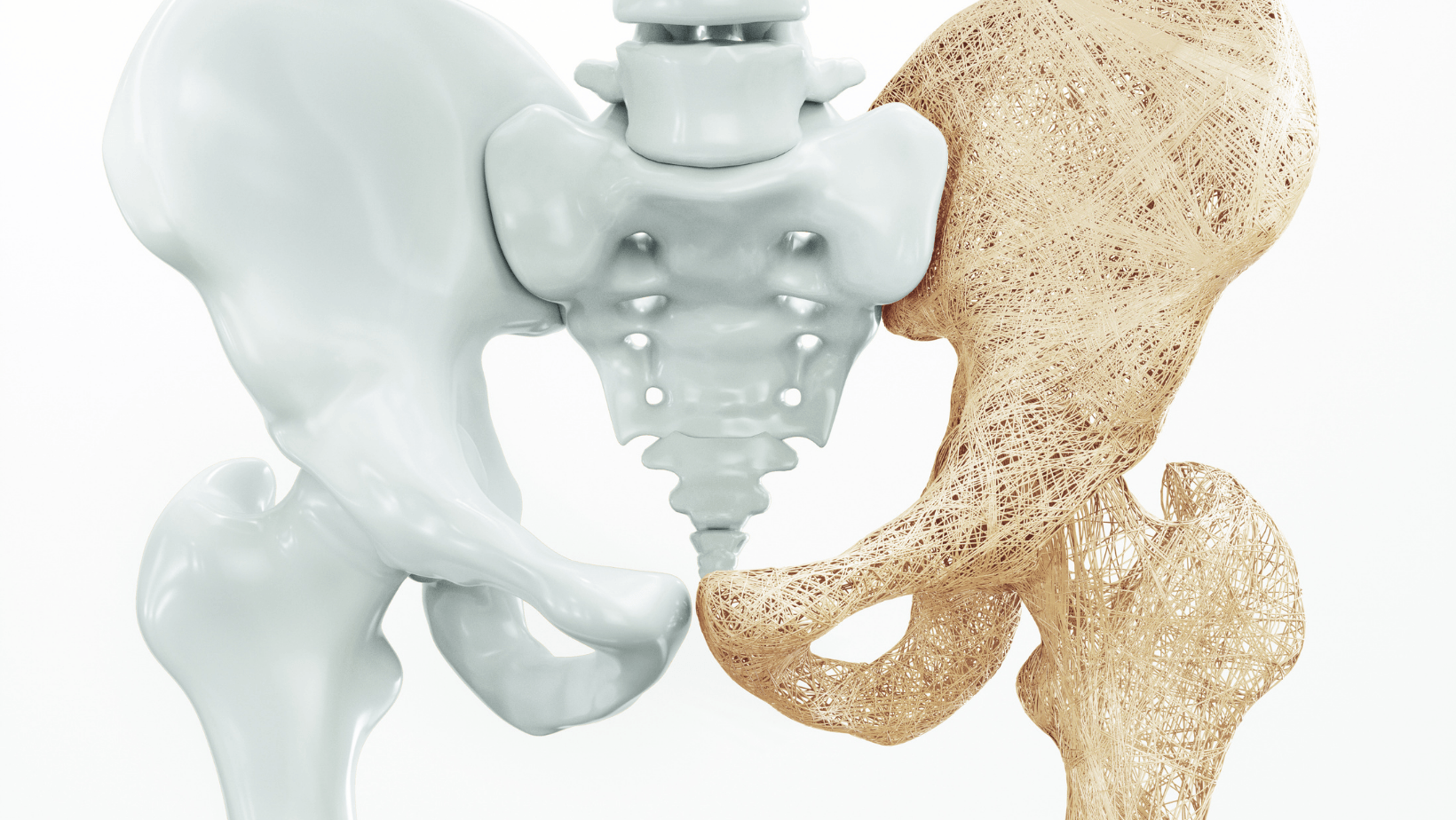What is Insomnia?
Insomnia is a sleep disorder that makes it hard for the individual to fall asleep or stay asleep. This sleep condition can be acute (lasting from one night to a few weeks) or chronic (occurs three nights a week for three months or more). Suppose you have trouble with sleep initiation, maintenance, consolidation, or lack of adequate sleep quality despite the time and opportunity for sleep. In that case, you might be experiencing insomnia. Insomnia can be a primary problem, but it can also be related to other medical conditions or medications.
Symptoms
While not every single individual experience the exact set of symptoms as another individual suffering from insomnia, here are some basic symptoms seen in patients suffering from this particular sleeping disorder.
-difficulty falling asleep at night
-easily being woken in the night
-frequently waking up too early
-tiredness or sleepiness during the daytime
-irritability
-anxiety or depression
- poor concentration and trouble with recollection
-an increased amount of errors relating to accidents
-constant worry about sleep
Causes
As mentioned above, insomnia can be a primary condition or associated with other medical conditions or occur because of certain medications. A few common causes of insomnia include:
-Stress: concerns about work, school, family, health, or finances can result in an individual's mind staying active throughout the night and making it hard to fall asleep. Stressful life events such as the death of a loved one can also lead to insomnia.
-Poor sleep habits: this can occur due to irregularities in an individual's bedtime, taking frequent naps, or doing physical and strenuous activities closer to bedtime. Computers, TVs, video games, and any other technological device can also interfere with a person's sleep schedule.
-Eating too much too close to bedtime: Having a small snack closer to bedtime can be alright but heavy meals before bed can cause an individual to feel physically uncomfortable while lying down or resting. Some individuals may experience heartburn or acid reflux, which may cause them to have a tough time sleeping.
Additional common causes for experiencing insomnia may include:
-Caffeine, nicotine, and alcohol: recreational use of these products late in the afternoon can cause problems sleeping during the night. While alcohol may help an individual fall asleep, it prevents deeper sleep stages from occurring, causing insufficient sleep. It can also result in frequent waking up during the night time.
-Medical conditions: some conditions that are linked to insomnia are diabetes, heart disease, asthma, gastroesophageal reflux disease, overactive thyroid, Parkinson's disease, Alzheimer's diseases, and chronic pain.
-Medications: Certain prescription drugs that can alter an individual's sleep patterns and schedule. Medications for asthma, blood pressure, or certain antidepressants can disrupt sleep. Over the counter medications such as pain medication, allergy or cold medications and weight loss products can also have similar effects.
What to avoid
• Do not have caffeinated drinks for 8 hours before bed.
• Do not smoke or use tobacco near bedtime.
• Avoid drinking alcohol late in the evening.
• Do not eat a big meal close to bedtime. If you are hungry, eat a light snack.
• Do not drink a lot of fluid close to bedtime, as may trigger the need to urinate frequently at night.
• Do not take your "water pill" close to bedtime, as may trigger the need to urinate frequently at night.
• Do not read or watch TV in bed.
What to try
• Go to bed at the same time every night, and wake up at the same time every morning. Long naps during the day are discouraged.
• Keep your bedroom quiet, dark, and cool.
• Sleep on a comfortable pillow and mattress.
• If watching the clock makes you anxious, turn it facing away from you.
• If you worry when you lie down, start a worry book. Well before bedtime, write down your worries and then set the book and your concerns aside.
• Try meditation or other relaxation techniques before you go to bed.
• If you cannot fall asleep, get up and go to another room until you feel sleepy. Do something relaxing. Repeat your bedtime routine before you go to bed again.
• Make your house quiet and calm about an hour before bedtime. Turn down the lights, turn off the TV, log off the computer, and turn down the music volume.
When should you see a doctor?
When insomnia affects your daily functions, seek a doctor to identify the cause of the sleeping problem and possible treatment options. Your doctor will assess and determine to refer an individual to a special testing sleep center if needed.
References:













